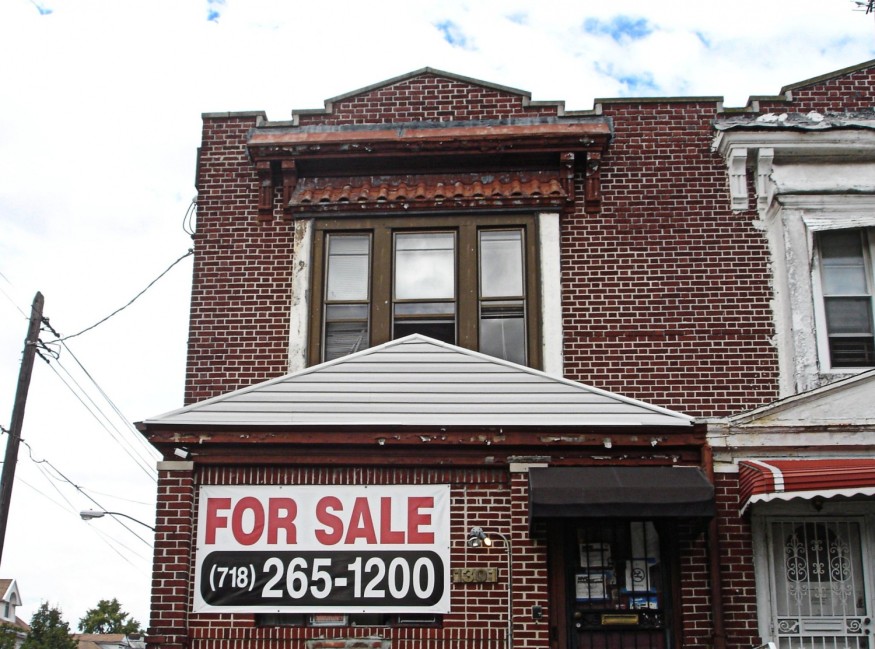
This is a question that's frequently asked by individuals with some spare money to invest. As with all of these kinds of queries, there is no simple answer, and what may be right for one person may not be for another. Both routes have their merits and disadvantages and, hopefully, what follows will provide some food for thought.
Investing in property
For a long, long time there has been the often-used mantra that bricks and mortar is the sensible place for your money. It's true that, over the long-term, property prices tend to rise which means that it's an investment that pays off, at least on paper.
If you're buying property to let out, it will also be generating revenue which can be used to pay either an income or the mortgage that you hold on that property. In addition, if you buy a relatively cheap property and then spend some money on improvements you can more than make your money back over the long-term - provided you choose the right improvements to make such as those advised by moving.com.
This said, there are also a number of factors to consider when it comes to investing in property. The first is that it has to be seen as a long-term investment if you hope to make any serious money on it. Even with annual price rises running at around 5%, it will still be quite a time until it's the right time to sell. You're also responsible for the upkeep of the property throughout the time that you own it - which will inevitably cut into any profit that you hopefully make.
Investing in shares

It was once the case that investing in stocks was the preserve of the financial institutions and individuals who had a great deal of knowledge about the subject. But this has all changed today, and more and more people are discovering how to invest in stocks with LearnBonds and other similar sites. By studying these it can not only teach the basics of investing, but also introduce you to some of the best trading platforms available.
It's fair to say that investing in stocks can prove to be a more flexible option than property, and one in which you can aim for short term gains as well as long-term growth. There are also plenty of options available depending on your attitude to risk, with the opportunity to switch between them relatively easily.
Plus, while there are never any guarantees, investments in stocks have been shown to provide greater periodic growth than property.
Naturally, there are also disadvantages to investing in stocks and the main one is that, despite long-term prospects, prices can be volatile so selling might not be something that is possible or advisable at certain times.
To sum up
So, as you can see, there are advantages and disadvantages to both investments, and it really is a question of deciding which is right for you. It's also important to take this advice from Forbes about choosing a financial adviser who will help you to select which way to go.



